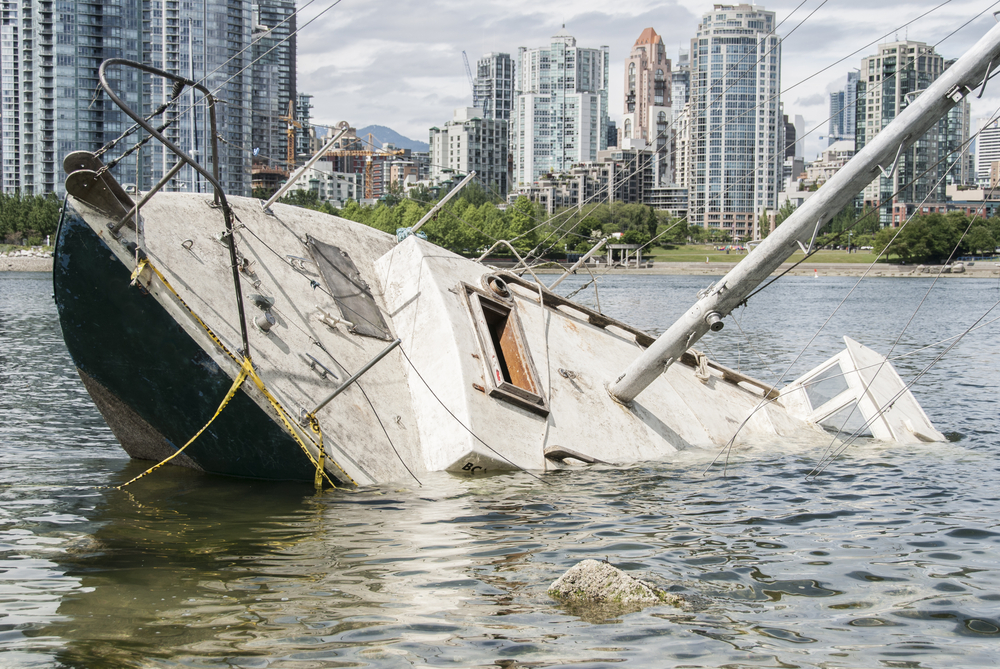
That being said, it surprises us that certain countries are still not seeing a significant decrease in crime rates, despite the fact that authorities claimed initiatives would be enacted to tackle the problem. In fact, the Department of State in the United States has just issued another travel warning this month about the continually high crime rate in Honduras, one of the most popular cruise destinations.
The Department, which also issued a travel warning for Honduras a few months ago, stressed that the “level of crime and violence in Honduras remains critically high”, but the nation “lacks the resources to address these issues.”
The warning goes on to explain that Honduras has had the highest murder rate in the world since 2010, with the Honduran Ministry of Security reporting a homicide rate of 75.6 per 100,000 people in 2013.
Several of these murder victims have been cruise passengers and crew members. Our maritime lawyers reported on the tragic death of a Norwegian Cruise Lines (NCL) crew member back in April, who was fatally shot after a gunman attempted to steal his Smartphone in Roatan Island, a favorite cruise port for many. Though the assailant was apprehended, cruise passengers and crew members continue to be easy targets for criminals, who know full well that foreigners are much more likely to carry cash on them, as well as jewelry, cameras and other valuables, and will not likely follow up with a police report since the time in port is relatively short.
NCL pulled out of Roatan Island shortly after the shooting, but has since resumed regular operations. But should cruise lines take further action, given that the nation’s authorities do not appear to be getting a handle on crime levels?
The answer to that is tricky because while crime continues to escalate and pose a threat to travelers, it is unlikely cruise lines will discontinue calling on a port for too long. Caribbean itineraries remain the most popular for cruise travel, and Roatan Island is a main port for those itineraries. If a cruise line were to pull out of Roatan indefinitely, they would likely lose a ton of revenue.
Of course, while revenue would be lost, undoubtedly, many passengers and crew members would be saved from potential dangers. Aside from shootings, travelers and crew members frequently fall victim to robbery, kidnapping and assault, especially sexual assault. Some cruise lines warn their guests of areas where crime is most likely to occur and advise them to remain as close to port as possible.
However, even remaining close to port can backfire. The NCL crew member that was killed was shot near the dock. And the report even states that many of the crimes are committed by the Honduran National Police! Does this mean there really aren’t any safe places in some of these island destinations? Unfortunately, maybe not.
According to the warning, “The vast majority of serious crimes in Honduras, including those against U.S. citizens, are never solved.” This means that some victims may never be able to obtain justice for the wrongs they have suffered. Given this fact, should cruise lines pull out of dangerous ports that continue to show critically high violent crime rates? Yes, of course. Cruise lines are required by maritime law to keep passengers and crew members safe, but like we said, the fact that cruise lines can lose a significant chunk of revenue if they were to do so means that it is highly unlikely ships will stop calling on Honduras, or any other dangerous port for that matter.
Published on June 30, 2014
Categories: Crewmember S.O.S., Cruise Ship Injuries, International Maritime
Get Free
Consultation










